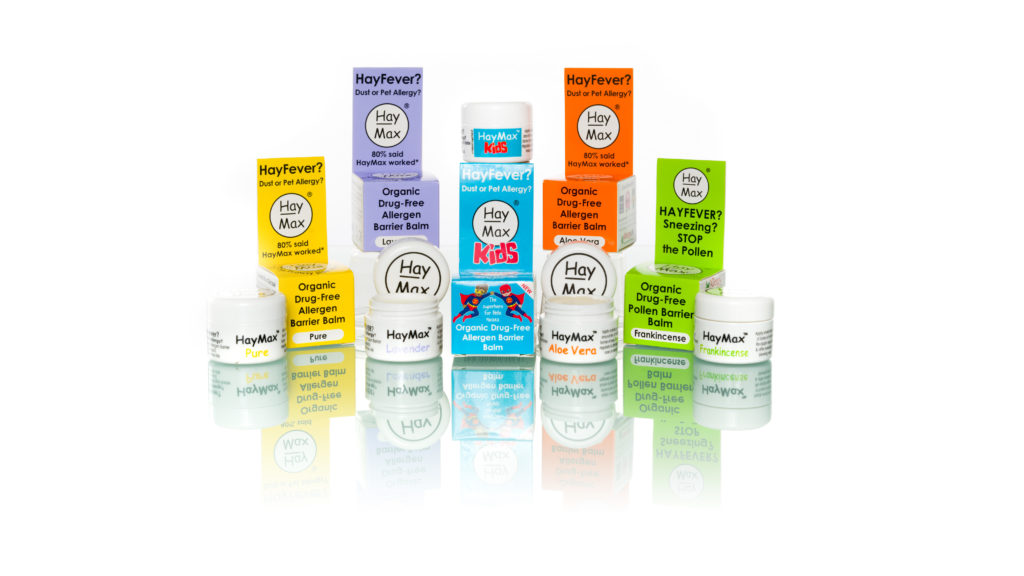Although people seem to ‘grow out’ of their hay fever, some older people can actually ‘grow into it’ and develop Late Onset Hay Fever. Here airborne allergies expert, Max Wiseberg, explains why this happens and provides some useful tips for sufferers…
Late Onset Hay Fever
Late Onset Hay Fever can be caused by a number of factors:
If you’ve never had hay fever all your life and then you move to an area where there’s lots of pollen, you can suffer from hay fever for the first time when you’re older.
The weather can be a trigger – for example, a rainy summer can create a ‘perfect storm’ for hay fever, with the result that more older people suffer for the first time.
There are new species of plants, such as ragweed originating from America, that produce new pollens. These can cause symptoms in older people because they haven’t been exposed to these pollens before.
Another cause could be our immune system, which starts to get become less efficient as we get older and begins to malfunction, making us more susceptible to getting hay fever.
There is also the theory that we have become so hygienic, healthy and free of disease that our immune system starts overreacting to compounds like pollen that don’t pose a threat. It could be a delayed response to the hygienic life we led when we were younger.
So how do we help ease our symptoms? Avoiding the allergen is always key with any allergy, and Late Onset Hay Fever is no different. Less allergen, less reaction!
Here is a selection of my favourite practical tips.
Late Onset Hay Fever Tips
- Reduce the amount of pollen getting into your home. Vacuum the house regularly, especially beds and fabrics to remove pollen particles. Close windows and use an air conditioner preferably with a HEPA (High Efficiency Particle Arresting) filter to capture the pollen as well as cool and circulate the air. Wash bedding very regularly to remove any allergens.
- Dry clothes indoors rather than on a clothes line to prevent pollen particles being blown onto the clothes by the outside wind. And if you own a pet then ensure that you groom and shampoo it as much as possible to remove pollen particles.
- Tie your hair up and wear a hat when outside to prevent pollen particles being caught in your hair, and wear wrap-around sunglasses to prevent pollen particles coming in contact with your eyes.
- Wash your face as soon as you get indoors on high pollen count days. This will wash away pollen particles so that they can’t cause a reaction, and a cool compress will soothe sore eyes. Shower at night before sleeping to remove pollen particles from your hair and body.”
- Apply an organic drug-free allergen barrier balm, such as HayMax to the nostrils and around the bones of the eyes in the morning, throughout the day and at night. Independent trials have proved that doing that can trap more than a third of pollen before it enters the body.
HayMax are currently offering 15% off their organic allergen barrier balms for readers of Mr & Mrs 50 Plus. Go to www.haymax.biz to claim your discount by quoting the code, MrMrs5015.
by Max Wiseberg , HayMax





